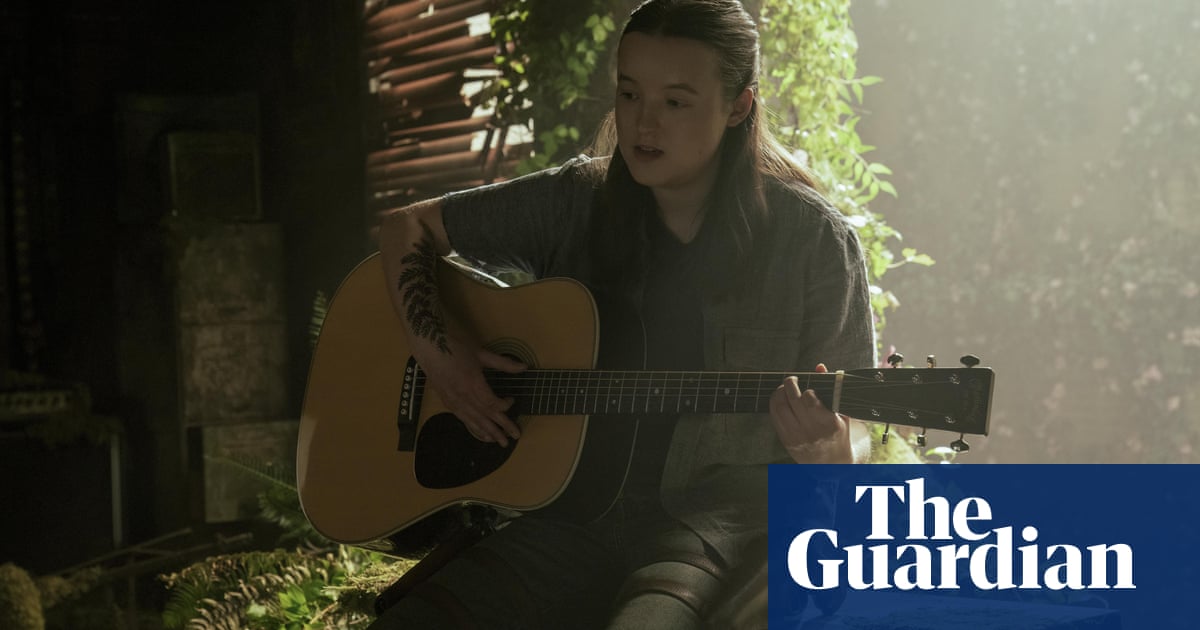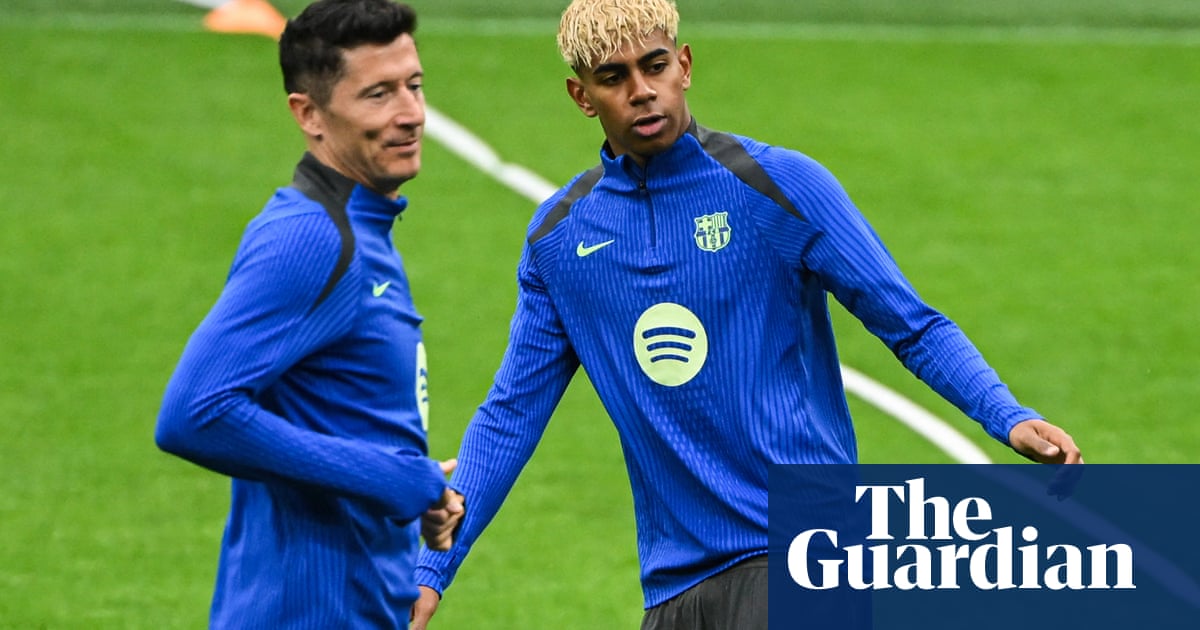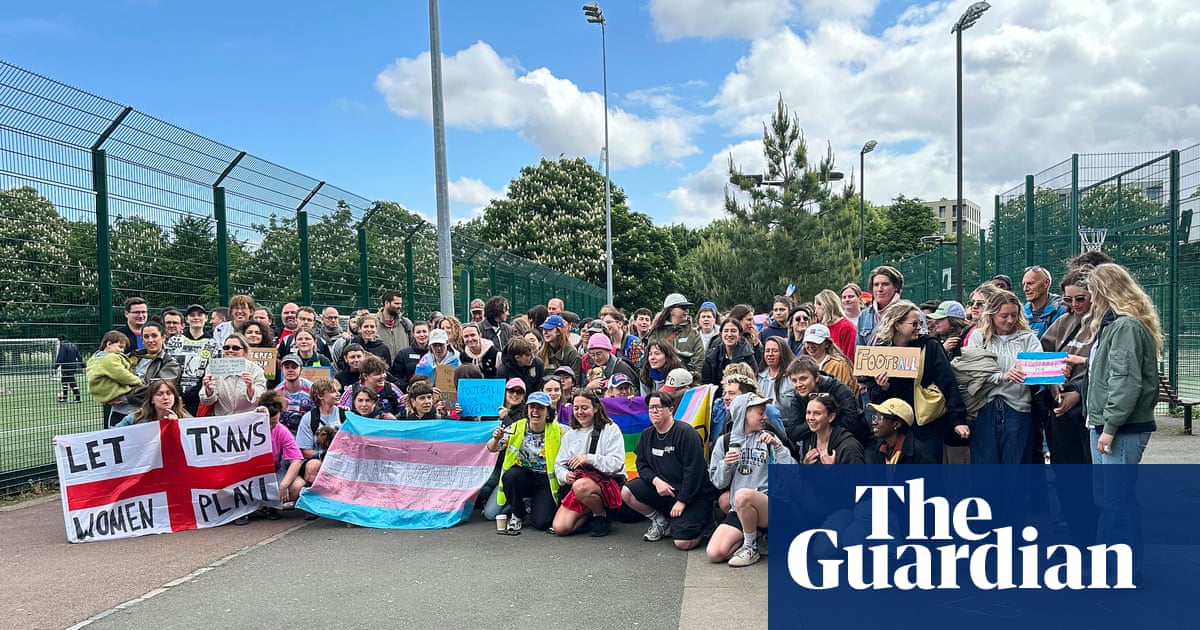Human friendship groups are complex – and often fraught – but a study of mountain gorillas has found that their societies can also be head-scratchingly complicated.
The study, which took in 20 years of health data involving 164 gorillas in Rwanda, discovered that the costs and benefits of being close to others changed depending on the size of groups and differed for males and females.
For example, friendly females in small groups didn’t get ill very often but had fewer offspring, while those in large groups got ill more but had higher birthrates. Meanwhile, males with strong social bonds tended to get ill more frequently but were less likely to be injured in fights.
The study, by the Dian Fossey Gorilla Fund and the universities of Zurich and Exeter, may help give an insight into how the relationships of other social animals, including humans, work.
“Having a lot of strong social relationships is often really good but sometimes it isn’t,” said Robin Morrison, the lead author on the paper and a senior researcher at the University of Zurich.
Morrison said the example of strong and stable social bonds appearing to lead to less illness in female gorillas but more in males could not be explained simply by social contact leading to more disease risk.
She said: “It’s possible that males expend more energy by having close social ties, as they have to defend females and offspring, and the stress of this may reduce their immune function. If you are a very popular male in your group, that comes with a lot of responsibilities.”
The study is based on observations of gorillas in Rwanda’s Volcanoes national park, where the apes usually live in groups of about 12 with a single dominant male.
Morrison said one of the big surprises was how there seemed to be room for very different characters. “You have gorillas that are actually quite peaceful and will intervene very rarely, but seem to have this very authoritative kind of role. Whereas others will be very kind of ‘it’s my way or nothing’. And they can be successful in different ways.”
Among the gorillas studied was Titus, a silverback adult male gorilla who lost his father and many other group members to poachers and whose mother died when he was only four.

He became the dominant male of his group at the early age of 15 and had an unusual leadership style, being exceptionally gentle and calm. His nature made him attractive to females and contributed to his 20-year tenure as dominant male.
Maggie was the highest-ranking female gorilla in a group. She was one of the most frequently aggressive group members but also quick to provide friendly support such as grooming.
She often acted as a protector, a role usually taken by males, and when the dominant male died unexpectedly she took charge, guiding the group until they merged with a neighbouring group.
Morrison said the study could shed light on the evolutionary history of humans. “Why are some people very social and others aren’t? I think this paper helps us see that actually it’s not as straightforward as saying ‘always be as social as possible’. Actually, some individuals can do very well by having sort of a smaller number of close friends.”
The paper, published in the journal Proceedings of the National Academy of Sciences, is titled “Group traits moderate the relationship between individual social traits and fitness in gorillas”.

.png) 5 hours ago
2
5 hours ago
2













































